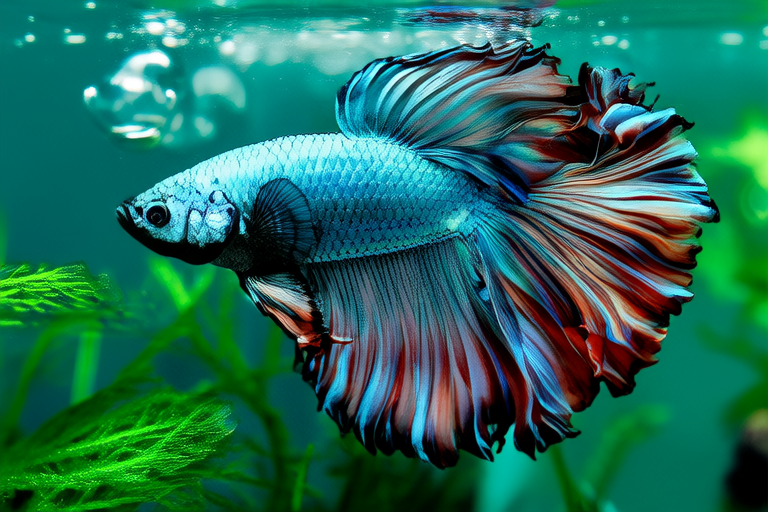Ultimate Guide to Choosing the Best Food for Your Betta
Importance of Proper Nutrition for Bettas
Bettas, also known as Siamese fighting fish, are captivating creatures that require proper nutrition to thrive. Just like humans, they need a balanced diet to maintain their health, coloration, and energy levels. A well-nourished betta will exhibit vibrant colors, be more active, and have a longer lifespan.
Common Food Options Available
- Pellets: These are small, round food items designed to sink slowly, making them ideal for bottom feeders. Pellets come in various sizes and can be tailored to meet the specific nutritional needs of your betta.
- Flakes: Flakes float on the water surface, making it easy for bettas to catch them mid-air. They are convenient but less nutritious compared to pellets or live foods.
- Frozen/Live Foods: These include bloodworms, brine shrimp, and daphnia. Live foods provide essential nutrients and can stimulate natural hunting behavior in bettas.
Nutritional Needs of Bettas
Bettas require a diet rich in protein, vitamins, and minerals. Protein is crucial for muscle development and repair. Vitamins and minerals support overall health and immunity. It’s important to ensure that the food you choose provides these essential nutrients.
How to Read Pet Food Labels Effectively
Understanding pet food labels is vital for selecting the right food for your betta. Look for high-quality ingredients listed at the beginning of the ingredient list. Avoid foods with fillers like wheat, corn, or soy. Check for certifications from organizations like the Association of American Feed Control Officials (AAFCO).
Frequency and Portion Control in Feeding
Feed your betta twice daily, offering only what they can consume within two minutes. Overfeeding can lead to poor water quality and health issues. Monitor their eating habits and adjust portions accordingly.
Transitioning Bettas to New Food Types
When introducing new food, do so gradually over several days. Mix the new food with the old food initially, increasing the proportion of the new food each day until the transition is complete. This prevents digestive upset and helps your betta adapt to the new diet.
Addressing Common Feeding Mistakes
- Overfeeding: This leads to waste buildup and poor water quality.
- Underfeeding: Can cause malnutrition and weakened immune systems.
- Inconsistent Feeding Times: Bettas thrive on routine, and inconsistent feeding can stress them.
Special Dietary Considerations for Betta Health and Longevity
Consider the age and activity level of your betta when choosing food. Younger bettas may require higher protein diets for growth, while older bettas might benefit from more fiber-rich foods for digestion. Additionally, incorporating supplements like spirulina can enhance coloration and health.
Recommendations Based on Expert Advice and Scientific Studies
Experts recommend a varied diet that includes both commercial and live foods. Scientific studies suggest that a mix of high-protein pellets and occasional live foods can optimize health and longevity. Consult with a veterinarian specializing in aquatic pets for personalized advice.
Interactive Tips for Engaging Your Betta During Feeding Time
- Hand Feeding: Use tweezers or a pipette to gently place food near your betta. This encourages interaction and can strengthen the bond between you and your pet.
- Feeding Toys: Use toys that dispense food slowly, encouraging your betta to hunt for its meal.
- Variety: Offer different types of food to keep feeding times exciting and engaging.
